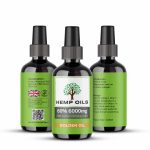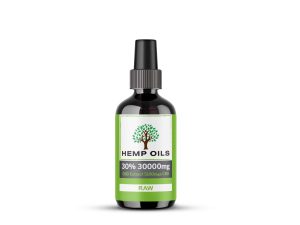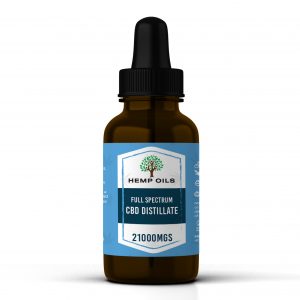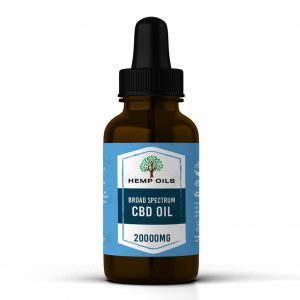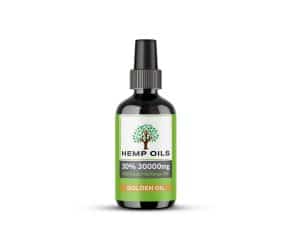Understanding Hemp Oil and Cannabis Oil: An Informative Comparison ===
Hemp oil and cannabis oil are two widely-discussed substances that often cause confusion due to their similar origins. Although derived from the same plant, Cannabis sativa, these oils have distinct properties and applications. In this article, we will unravel the key distinctions between hemp oil and cannabis oil, explore their varied applications, and navigate the legalities surrounding them.
Hemp Oil vs. Cannabis Oil: Unraveling the Key Distinctions
The most crucial difference between hemp oil and cannabis oil lies in their chemical composition. Hemp oil is extracted from hemp seeds, which contain minimal amounts of THC (tetrahydrocannabinol), the psychoactive compound responsible for the "high" associated with marijuana. In contrast, cannabis oil is derived from the flowers, leaves, and stalks of the cannabis plant and typically contains higher levels of THC. While hemp oil is predominantly made up of fatty acids, such as omega-3 and omega-6, cannabis oil contains various cannabinoids, including CBD (cannabidiol) and THC.
Apart from their chemical composition, hemp oil and cannabis oil also differ in terms of their usage. Hemp oil is primarily used as a dietary supplement due to its high nutritional value. It is rich in essential fatty acids, vitamins, and minerals, making it beneficial for maintaining healthy skin, supporting cardiovascular health, and promoting brain function. On the other hand, cannabis oil is often used for medicinal purposes, particularly in managing chronic pain, reducing inflammation, and alleviating symptoms associated with conditions like epilepsy or multiple sclerosis.
The Varied Applications of Hemp Oil and Cannabis Oil Explored
Hemp oil finds extensive use in the culinary world, where it is used in dressings, spreads, and smoothies. Its nutty flavor enhances various recipes, making it a popular choice among health-conscious individuals. Additionally, hemp oil is a key ingredient in cosmetic products, such as moisturizers, soaps, and shampoos, due to its moisturizing and nourishing properties. Its ability to improve skin elasticity and reduce fine lines has led to its inclusion in many skincare products.
Cannabis oil, often referred to as CBD oil, has gained attention for its potential therapeutic benefits. It is commonly used to alleviate chronic pain, reduce anxiety and depression, and mitigate the side effects of chemotherapy. Additionally, cannabis oil has shown promise in treating neurological disorders, such as epilepsy and Parkinson’s disease. However, it is important to note that the effectiveness of cannabis oil may vary among individuals, and its usage should be discussed with a healthcare professional.
Navigating the Legalities: Sorting out Hemp Oil and Cannabis Oil Regulations
The legal status of hemp oil and cannabis oil can vary depending on the jurisdiction. In many countries, hemp oil is legally available for purchase and consumption as it contains negligible amounts of THC. However, cannabis oil, with its higher THC content, often faces stricter regulations. It may be subject to legal restrictions, requiring a prescription or specific permits for possession or use. Therefore, it is crucial to be aware of the legal framework governing these oils in your region before purchasing or using them.
In recent years, there has been a growing recognition of the potential benefits of cannabis oil, leading to the legalization of medical marijuana in several countries and states. However, the regulations surrounding cannabis oil can be complex, and its legality may be limited to specific medical conditions or under certain circumstances. It is advisable to consult local laws and regulations or seek legal advice to ensure compliance.
An Informed Understanding of Hemp Oil and Cannabis Oil===
While hemp oil and cannabis oil share a common origin, their distinct chemical composition, usage, and legal statuses set them apart. Hemp oil offers nutritional value and is widely used in culinary and cosmetic industries. On the other hand, cannabis oil is primarily used for medicinal purposes, with potential benefits in managing chronic pain and neurological conditions. Understanding the distinctions between these oils is essential for making informed decisions about their usage and complying with legal regulations.
